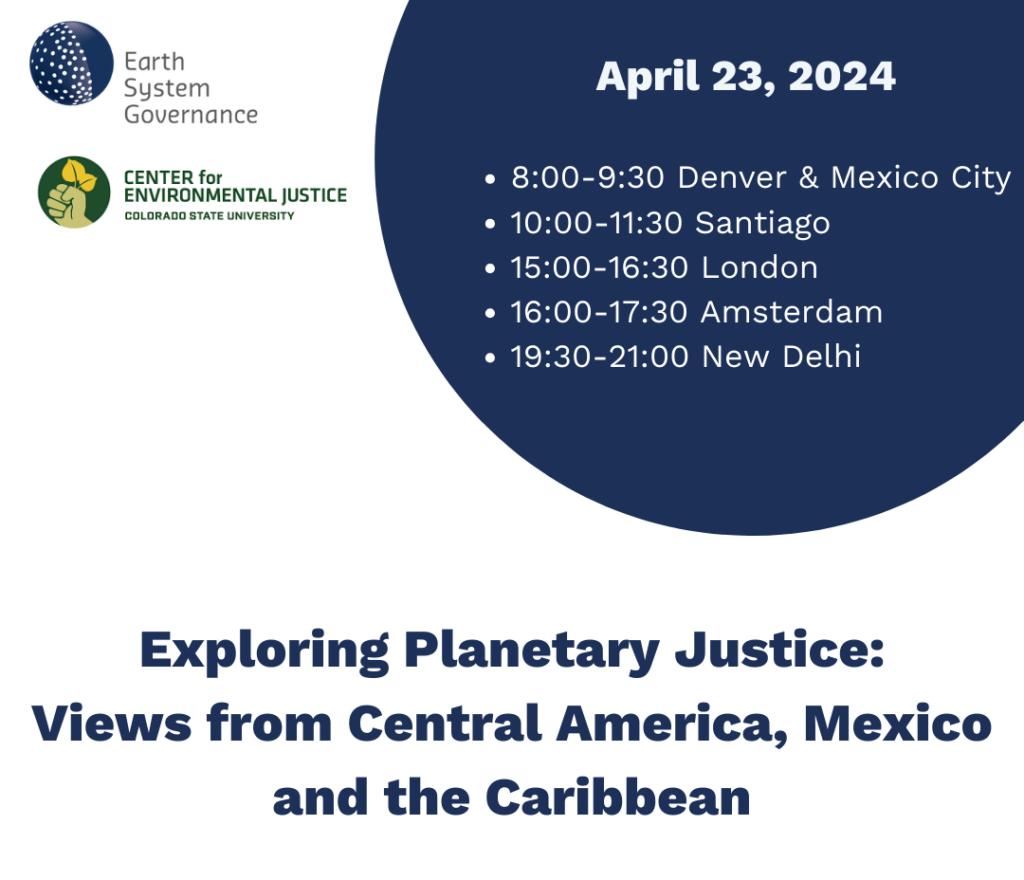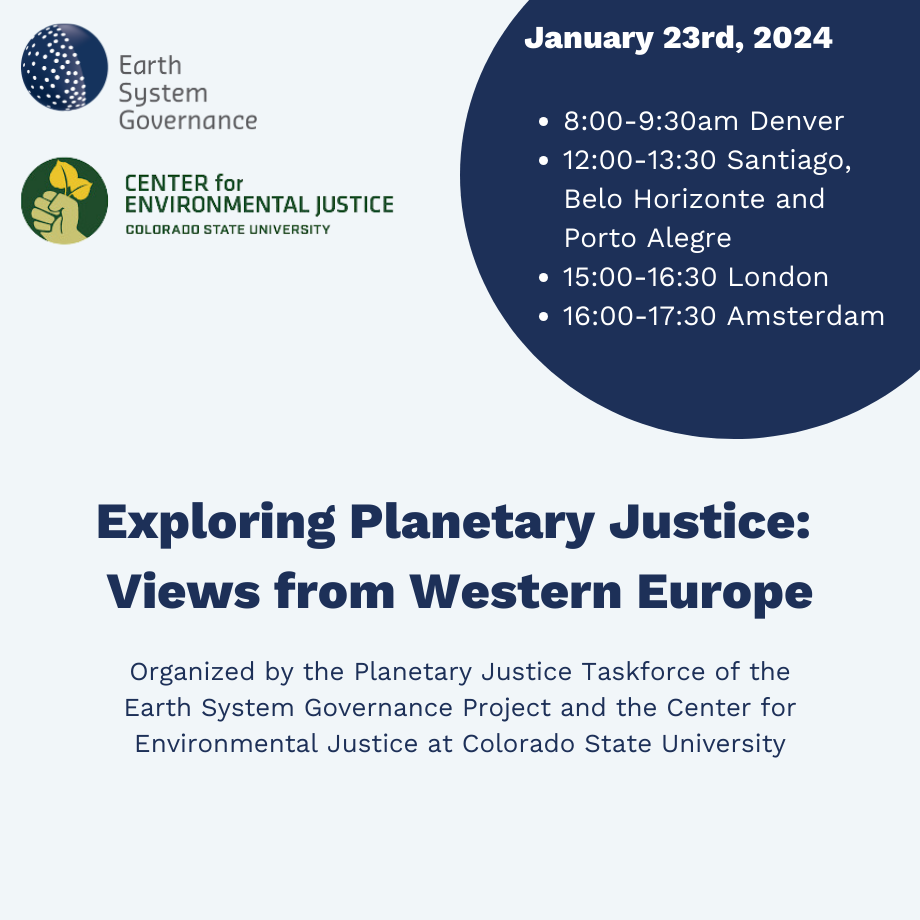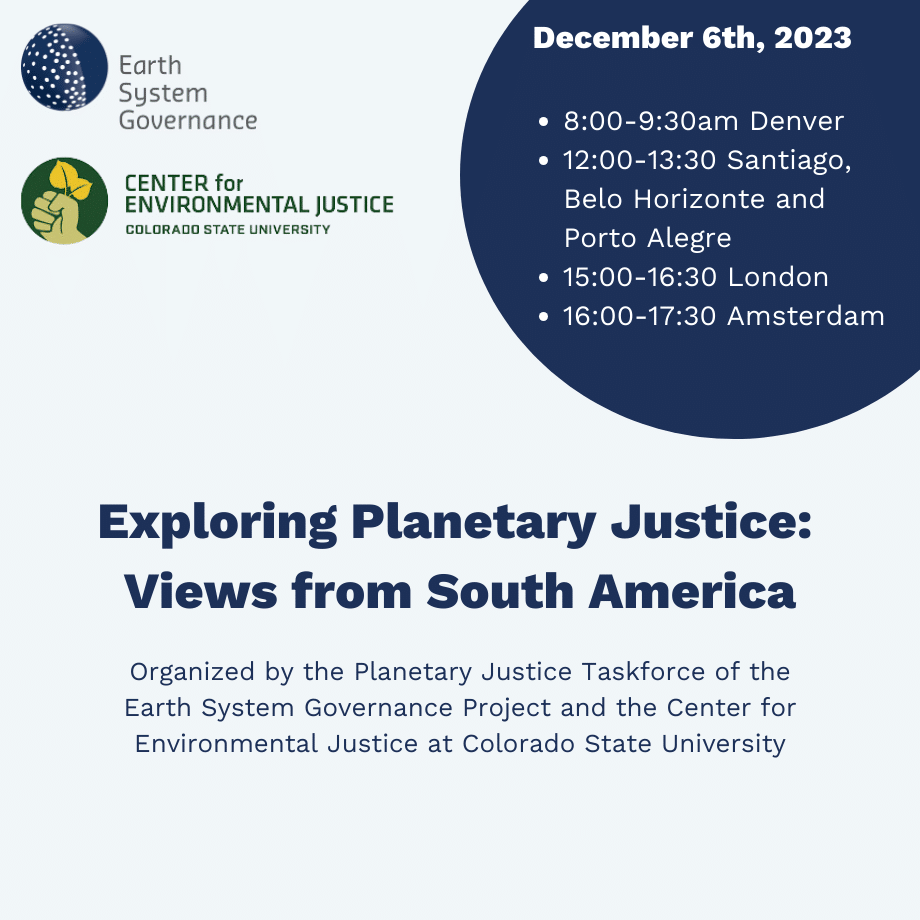Environmental Governance in Indonesia is an edited, open-access book recently published by Springer in February 2023. It offers an overview of the state-of-the-art of environmental governance in Indonesia, engages with bottom-up (national and local) perspectives, theory, and operationalization of theories/frameworks, and aims to engage multiple environmental governance actors (national to local) in different sectors. There are 25 chapters in this book, authored by more than 90 contributors representing the perspectives from science and practice. Six key topics were discussed in this book: emerging concepts such as the pluriverse, anthropocene, and earth system governance, but also thematic and empirical cases ranging from wetlands, land, and forest, urban, climate, social, and technological interventions. Each area presents its challenges (e.g., socio-political dynamics, fragmentation, exclusion) and opportunities (e.g., new hybrid governance strategies, governance, socio-technological interventions, capacity-building efforts, and law and regulations). This is the first edited book that attempts to compile diverse research and perspectives on environmental governance issues in Indonesia.
About the event
On the 20th of March 2023 from 10:00 to 11:30 CET or 16:00-17:30 GMT+7, the book “Environmental Governance in Indonesia” will be launched. This event is endorsed by Earth System Governance, Utrecht University, RCCC Universitas Indonesia, BRIN RI, Faculty of Geography, Universitas Gadjah Mada, and KAGEGAMA. We are planning a hybrid event with physical attendance in Utrecht and online (via Microsoft Teams). Four experts on environmental governance will discuss the book and highlight the main takeaways from this book in a panel. Following the panel, there will be a discussion session with editors, chapters’ authors, and participants.
Speakers

Dr. Annisa Triyanti
Copernicus Institute of Sustainable Development, Utrecht University

Dr. Mochamad Indrawan
Research Center for Climate Change (RCCC), Universitas Indonesia

Dr Jonathan Pickering
Earth System Governance, Scientific Steering Committee

Prof. Dr. Muhammad Baiquni
Faculty of Geography, Universitas Gadjah Mada (UGM)

Prof. Gerry van Klinken
KITLV Leiden, The Netherlands

Dr. (HC) Erna Witoelar
Filantropi Indonesia

Dr. Laely Nurhidayah
National Research and Innovation Agency (BRIN), Indonesia

Prof. Dr. Agus Setiabudi
Educational and Cultural Attache at the Indonesian Embassy for the Kingdom of The Netherlands in The Hague

Prof. Dr. Dodik Nurrochmat
Bogor Agricultural University, (IPB Bogor) Indonesia

Prof Dr. Jatna Supriatna
Research Center for Climate Change (RCCC), Universitas Indonesia
(To be confirmed)
Abstract of the book
Indonesia is one of the countries with the fastest-growing economies in Asia and one of the most biologically diverse countries in the world. With ecosystems ranging from terrestrial to marine. Unfortunately, Indonesia also suffers from overexploitation and environmental threats exacerbated by climate and human pressures. Along with the growing global ambitions for achieving sustainable development and increasing its capacity to adapt to climate change and extreme events, Indonesia is also increasing its commitments to balance development while safeguarding environmental and social sustainability. However, challenges remain, especially on how to effectively govern the responses to environmental issues. Against this background, this book will present state-of-the-art environmental governance research and practices in Indonesia. It offers a wide scope, covering different themes and sectors (e.g., climate change, disaster risk, forestry, mining, etc.), diverse physical and societal landscapes (e.g., urban, rural, deltas, coastal areas, etc.), and multiscalar perspectives (from national to local level). This book has the ambition to incorporate more knowledge to indicate research gaps and future directions for environmental governance research. Our intention is also to reflect a vision to make the national and global environmental governance research agenda to be more diverse, inclusive, interdisciplinary, and transdisciplinary. We hope that this book will be useful for researchers, students, practitioners, and policymakers who are interested in the field of environmental governance, especially in Indonesia as a megadiversity country that encompasses the world’s largest archipelago.



